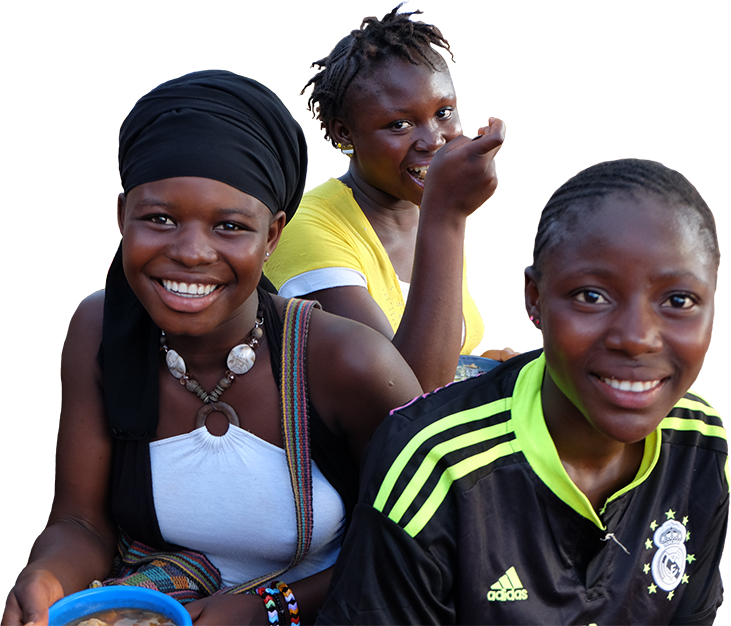Adolescents are uniquely positioned to contribute to the design and delivery of effective programs and services. Policymakers, program managers, and service providers need to include adolescents as much as possible when designing, planning, implementing, delivering, and monitoring youth-responsive nutrition programs and services. If you have examples of policies, programs, services, guidance, evidence, and tools related to the engagement of adolescents in the design, implementation, delivery or evaluation of nutrition programs and services, please send them to info@advancingnutrition.org.
We found 57 resource(s)
Participação de Crianças na Aprendizagem e Acção para Nutrição (PCAANS)
Informational Infographic published by Children for Health in
This is a Portuguese-language poster from the Children’s Participation in Action and Learning for Nutrition (PCAANS) project in Mozambique. The poster describes PCAANS, including its key messages.
Nutrition: 10 Messages for Children to Learn and Share
Informational Infographic published by Children for Health in
This poster presents ten key PCAANS nutrition messages for children to learn and share, including information about malnutrition, good nutrition and healthy foods, growth and nutrition screening, hygiene, and food safety and preparation.
Infographic on Standards for Improving Quality of Care for Children and Young Adolescents in Health Facilities
Informational Infographic published by WHO in
This infographic illustrates the eight quality of care standards for children and young adolescents in health facilities. The standards related to improving the provision of care, the experience of care, and creating a child- and adolescent-friendly environment.
Empowering Girls Through SMS
Journal Article published by UNICEF in
A digital counseling service called SMS BIZ, also known as U-Report, was introduced in Mozambique in October 2015. The goal of the project was to create a safe place for adolescents to ask questions and seek counseling on topics generally counsidered taboo in their communities. The text message-based program preserved the anonymity of the…
Leaving No One Behind: Making the Case for Adolescent Girls
Technical Report published by IFAD in
This report summarizes the 2018 international conference “Leaving No One Behind: Making the Case for Adolescent Girls.” The report presents the main messages that emerged during the event and provides an overview of the highlights of the panel presentations and discussions.
Formative Research and Gender Analysis
Landscape Analysis published by Save the Children in
This paper reports the results of a three-year study in two provinces in Lao PDR. The study focused on barriers and facilitators to optimal adolescent nutrition, maternal nutrition, infant and young child feeding, Water, Sanitation and Hygiene (WASH), health care seeking behaviors, and opportunities to support positive behaviors. The findings are…
Preparing Adolescents for Young Adulthood (PAYA): Modules 1 & 2
Information, Education and Communication Materials published by Stepping Stones in
It's My Move is a program that provides youth ages 16-21 years of age the skills and support they need to be successful in independent living. It was originally developed for adolescents aging out of the foster care system and is designed to provide critical information on how to function as an independent adult. Modules 1 and 2 of the…
Nutrition Care, Support, and Treatment for Adolescents and Adults: Training for Facility-Based Service Providers—Participant’s Manual: Module 3. Nutrition Counselling and Education
Training Material published by Ministry of Health in
This training manual was developed by the Government of Malawi with support from USAID. It aims to guide facility-based service providers on how to effectively counsel adolescents on nutrition-related topics.



